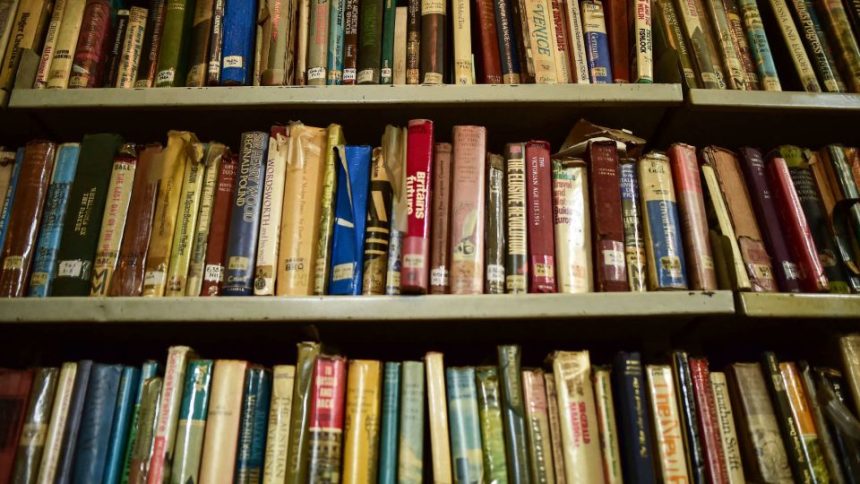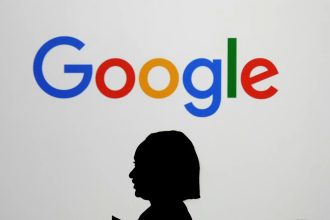Sitting on the shelves of one of Kenya’s oldest libraries is a treasure trove of untapped financial opportunity — books. The McMillan Memorial Library has served as a literary hub in Nairobi’s central business district for over 90 years. It is one of an estimated 8,000 public libraries across the continent.
A 2025 UN Educational, Scientific and Cultural Organization (UNESCO) report estimates Africa’s publishing industry could reach $18.5 billion within the coming years if the right policies are enacted and investments are made. As of 2023, it generated only $7 billion, accounting for just 5.4% of the global book market, which is valued at $129 billion.
The UNESCO report blamed weak polices, an absence of tax incentives, and a reliance on imported books for the lack of industry growth within Africa. It recommended the establishment of national book policies that would promote literacy, oversee book circulation, and create financial incentives for key players within the industry.
“Today, you see that most of the names of authors of literature in Africa are more known outside the continent than inside the continent. They’re known in their country, but they’re not circulating between the other countries, and that’s an issue,” Ernesto Ottone Ramírez, assistant director-general for culture at UNESCO, told CNN.
Ramírez said Africa’s book industry is “booming with untapped potential,” which the continent could capitalize on if countries implement UNESCO’s suggestions.
The McMillan Memorial Library is one of the oldest public libraries in Nairobi, Kenya. – PATRICK MEINHARDT/AFP via Getty Images
One area of interest is the role of public libraries. The report outlined the need to strengthen the framework of libraries across Africa, especially in rural areas, by enacting “clear principles for governance and funding” that prioritize the entire book ecosystem.
“It must start from the community,” Jacob Ananda, the assistant director at Nairobi City County Libraries, told CNN. He wants children to be introduced to libraries and reading at a young age so it “becomes part of their lifestyle.” However, to do that, he said there must be “policies on restoring, restocking, and preserving the libraries.”
Ananda gives a nod to the McMillan Memorial Library, which is undergoing restoration to improve the building’s facilities and provide digital access to reading materials with the help of the non-profit Book Bunk and funding from the local government.
“We are looking forward to being among the state-of-the-art libraries and being able to meet the users’ needs,” he said.

Book Bunk, a Kenyan non-profit organization, started digitizing the McMillan Memorial Library in October 2020 to make the library’s archive available for future generations. – PATRICK MEINHARDT/AFP via Getty Images
Digital integration
At least 70% of sub-Saharan Africa’s population is under the age of 30, making it the youngest in the world. Publishers and distributors are aiming to tap into this tech-savvy generation by leveraging Africa’s budding festival circuit and embracing digital integration.
The UNESCO report says each year, some 270 literary festivals and book fairs are held across the continent, with many focusing on children’s books. It also notes that a growing number of publishers and distributors are exploring e-book and audiobook production, including African Storybook in South Africa, AkooBooks in Ghana, and eKitabu in Kenya.
“The new generation of creators today, they’re looking at how to go to the future with something that belongs to them, and nobody will tell them how to tell this (Africa’s) story,” Ramírez said.
One way to uphold Africa’s rich culture and diversity is by telling its stories in their native tongue and being able to translate them into more of the continent’s 2,000 languages. Ramírez told CNN 90% of the content UNESCO receives from partner organizations is in English, but he believes artificial intelligence could help translate books and other reading materials into a variety of languages and local dialects, making it more accessible to communities.
However, he cautioned that AI needs to be handled with care. “Africa is the continent where you have less legislation on those issues (of artificial intelligence),” Ramírez said. He adds that this is an opportunity for countries to create their own safeguards to regulate platforms, protect copyrights, and ensure creators receive the benefits of their work.
The report is part of a series of publications UNESCO is working on to map out Africa’s creative economies, which Ramírez says is crucial to unlocking the continent’s economic potential. “The only way to have social cohesion at the country level between all the diversity of communities is to have culture at the center of sustainable development,” he said.
For more CNN news and newsletters create an account at CNN.com









